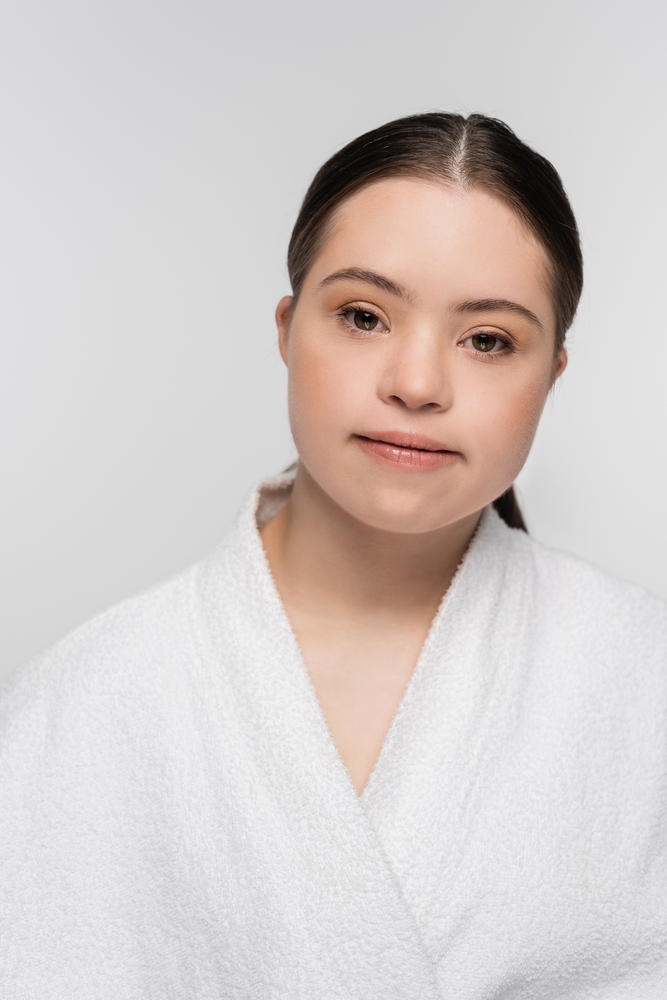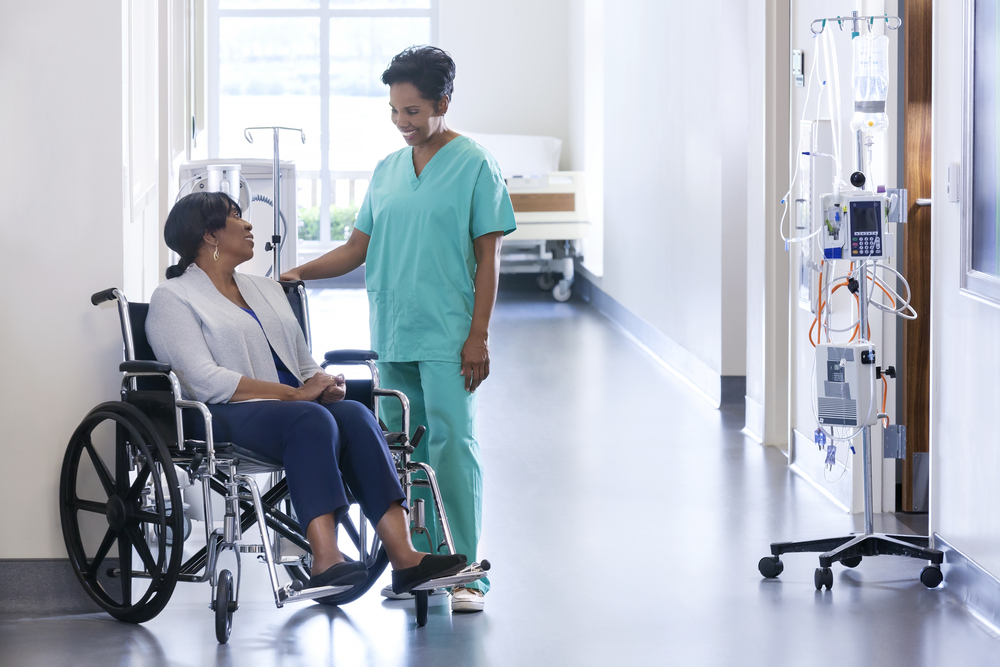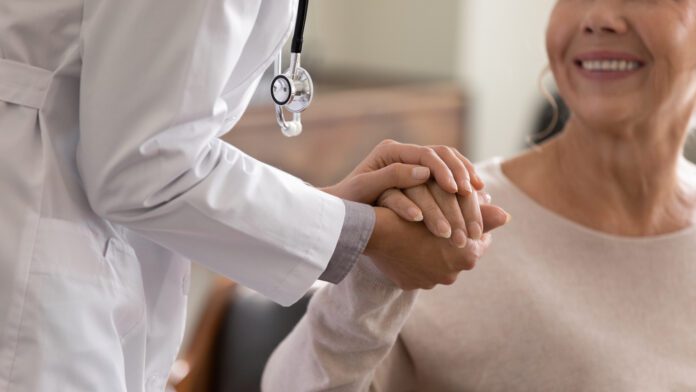September is Gynecologic Cancer Awareness Month. This important annual observance focuses on increasing awareness of all gynecologic cancers, including cervical, ovarian, uterine/endometrial, vaginal and vulvar cancer. Every five minutes, someone is diagnosed with one of these gynecologic cancers, according to the Foundation for Women’s Cancer. These diagnoses result in 33,000 deaths per year. Sadly because of gaps in gynecological care (and healthcare in general), the risk among the marginalized disability community seems to be even greater compared to those without disabilities.
Healthcare Gaps for Women with Disabilities
Multiple research studies have found that people with disabilities don’t have the same access to or the same quality of care compared to that of people without disabilities. In fact, a 2020 study published in Women’s Health Issues declared that “women with physical disabilities have unmet gynecologic care needs, including disparities in cancer screening and contraceptive care.”
The study included alarming feedback from physicians; including an acknowledgment that they lacked sufficient training in how to best provide care for patients with disabilities. The study’s responding providers also stated that they “were motivated to provide quality care for women with disabilities, but encountered systems and training barriers.”

There are many factors as to why people with disabilities continue to face barriers within the healthcare system. Patients may: (1) not be properly informed about the need for age-appropriate screenings, (2) have trouble scheduling medical appointments, (3) lack accessible transportation to and from medical offices, (4) struggle with inaccessible spaces and/or inaccessible medical equipment (such as standard exam tables), (5) have limited access to a qualified ASL interpreter and/or healthcare advocate, or (5) simply not be treated effectively by an unformed provider because of misconceptions surrounding the need for gynecologic care for women with physical and/or intellectual disabilities. [Yes, some people, including healthcare professionals, wrongly assume that people with disabilities are not capable of or interested in sexual relations.]
Marginalized Have Increased Gynecologic Cancer Risk
In 2017, the Centers for Disease Control and Prevention (CDC) published data pertaining to the healthcare gap among adults who identified as having at least one of four disability types: hearing, vision, cognitive and/or mobility.
Key findings specifically surrounding cervical cancer screenings among women between ages 21 and 65 years with disabilities ranged from 66% to 80%, compared to a consistently higher rate (81%) for women without disabilities.
Additionally, this CDC report stated that the prevalence of having a mammogram for breast cancer screening among women between 50 to 74 years of age with disabilities was likewise lower (61% to 68%) and varied according to specific disabilities compared to women without disabilities (73%). Gaps were also found surrounding screening recommendations and access for colorectal cancer.

These healthcare gaps are concerning because research also shows that women with disabilities have higher rates of sexual violence and increased risk of pregnancy complications. During Gynecologic Cancer Awareness Month and beyond, it’s imperative that all women – and perhaps especially women with disabilities and their caregivers and/or loved ones – learn about gynecologic cancer symptoms, risk factors and prevention.
For more information, visit the website of the Foundation for Women’s Cancer.






